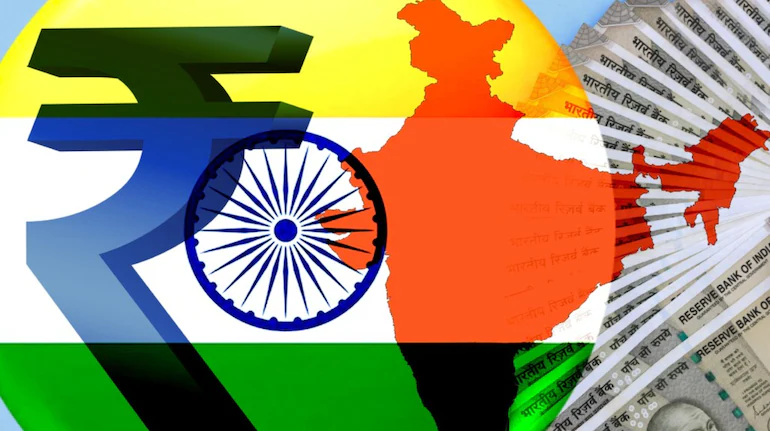International Research Centre in Agra, Centres of Excellence in Saharanpur and Kushinagar to Boost Potato Farming in UP
Lucknow / Agra: The humble yet versatile potato — often hailed as the “King of Vegetables” — is poised to receive a major boost in Uttar Pradesh. With the Yogi Adityanath-led government taking concrete steps to strengthen potato farming in the state, Agra is set to house an International Potato Research Centre, while Centres of Excellence will be established in Saharanpur and Kushinagar. These initiatives aim to improve research, innovation, and overall output of the crop that is integral to both household kitchens and food industries.
Potato: A Global Staple and India’s Everyday Essential
The potato is among the most widely grown and consumed vegetables across the globe. It is indispensable in Indian cuisine — whether boiled, fried, mashed, or baked — and serves as a base for chips, snacks, namkeens, and even alcoholic beverages like vodka and ethanol. Its affordability, year-round availability, and multipurpose use make it a staple in Indian households. It’s no wonder the potato is often referred to as the “King of Vegetables.”

Uttar Pradesh: India’s Potato Powerhouse
Uttar Pradesh leads India in potato production, contributing more than one-third (about 35%) of the nation’s total output. With an average yield of 23 to 25 tonnes per hectare — higher than the national average — UP has the potential to raise this number even further. However, progress has been hindered by limited region-specific research and a lack of effective communication of innovations to farmers.
Bridging the Gap: From Lab to Land
Currently, India’s National Potato Research Centre is located in Shimla, with regional centres in Meerut and Patna. This structure often delays the dissemination of advanced research and improved seed varieties to farmers, particularly during sowing seasons when high-quality seed availability becomes a major concern.
To address this, the UP government has set in motion a plan to bring world-class potato research directly to the farmers’ doorsteps. The state is collaborating with the International Potato Center based in Lima, Peru, to set up its regional branch in Agra — a region central to the state’s major potato-producing districts. Simultaneously, Centres of Excellence in Saharanpur (Western UP) and Kushinagar (Eastern UP) will support localized innovations and practices.
Focus Regions and Districts
About 75% of UP’s potato production comes from six major divisions — Meerut, Aligarh, Agra, Kanpur, Moradabad, and Bareilly. Key contributing districts include Firozabad, Hathras, Kannauj, Farrukhabad, Etawah, Mathura, Mainpuri, and Budaun. With Agra centrally located among these, the research centre there will be well-positioned to impact a majority of potato farmers. The Saharanpur and Kushinagar centres will ensure outreach across both western and eastern belts.
Expert Opinion: Centres to Revolutionize Farming Practices
According to Dr. S.P. Singh, Senior Vegetable Scientist at the Krishi Vigyan Kendra in Gorakhpur, these new centres will help farmers adapt to high-temperature resistant and high-yield varieties. Access to quality seeds during sowing seasons will allow them to grow crops tailored to market demand, thereby improving their income.
Farmers will also learn which varieties work best for main and early-season crops. For example, Kufri Neelkanth is low in sugar but has limited seed availability. Similarly, heat-resistant Kufri Shaurya, early-maturing Kufri Khyati (ready in 60–65 days), and processing-friendly Kufri Chipsona varieties are all in demand but hard to source. The new centres will play a critical role in bridging this gap.
Global Benchmarks and Local Ambitions
While environmental factors like climate and soil quality affect crop yields, access to improved varieties and farming techniques is equally critical. Many European nations — including the Netherlands, Belgium, UK, and New Zealand — produce 38 to 44 metric tonnes of potatoes per hectare. With the introduction of advanced research and technology in UP, similar growth is achievable.
Given UP’s large population, self-sufficiency and the possibility of export both become vital goals — and the state is preparing for both.
Nutritional Value of Potatoes
Beyond its culinary versatility, the potato is nutritionally significant. It is rich in carbohydrates, protein, fats, Vitamin C, B6, potassium, magnesium, and dietary fibre. These nutrients boost immunity, regulate blood pressure, support bone and muscle health, and aid digestion. Potatoes also contain essential minerals like phosphorus, iron, zinc, manganese, and calcium.
With UP’s agricultural transformation in full swing, the potato is set to reclaim its royal status in a new avatar — one that promises better yields, scientific cultivation, farmer prosperity, and even global export potential. Through research-driven farming and government-backed support, the “King of Vegetables” will soon wear a brighter crown.






